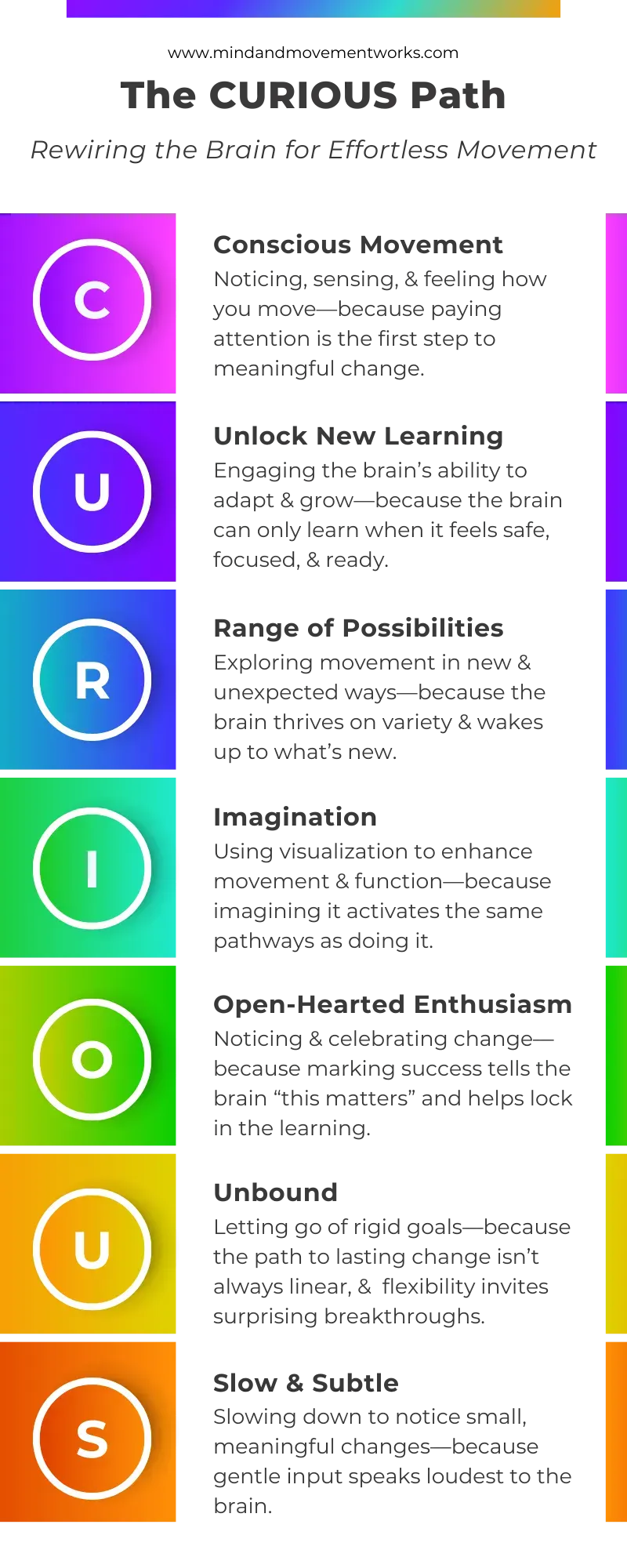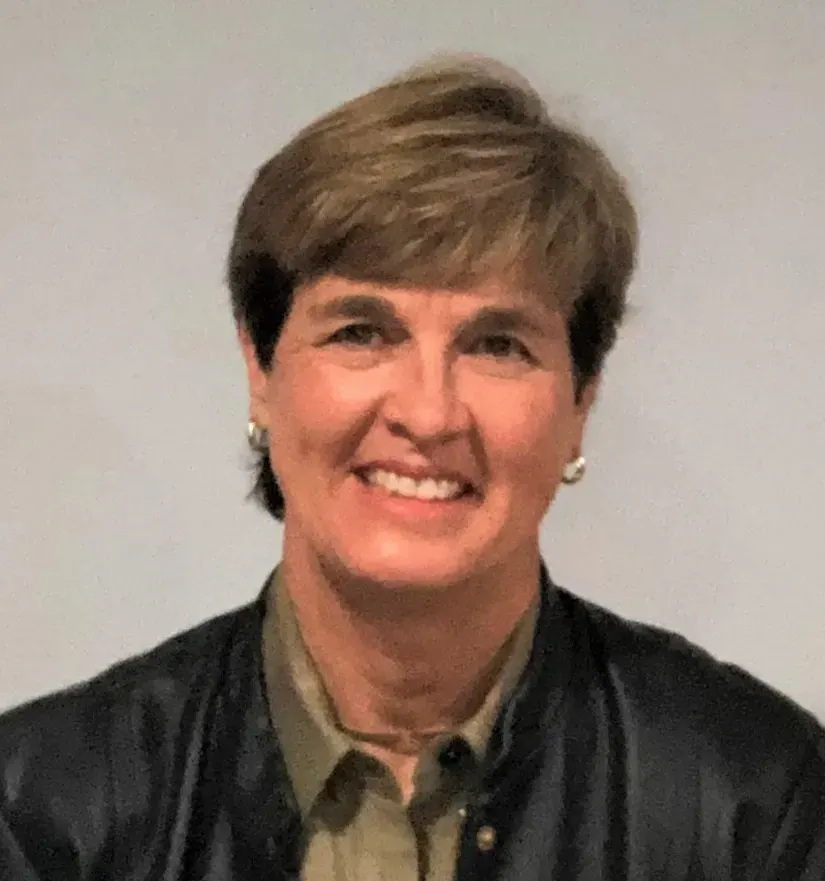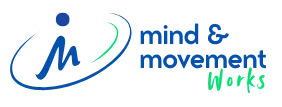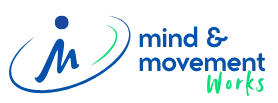Alternative Treatment for Back Pain & Chronic Pain Relief
Harness the Power of Your Brain to Reduce Pain & Restore Movement
Why Traditional Chronic Pain Treatments Fail—What Actually Works
Still struggling with back pain, stiffness, or limited movement—despite trying stretching, physical therapy, or even surgery? You're not alone.
Most conventional treatments focus on muscles and joints, using repetition or effort to fix the problem. These approaches can provide temporary relief—but they often miss the root cause of pain.
Why? Because pain isn’t just about muscles and joints—it’s about the brain.

Your brain controls how you move, adapt, and experience pain.
When movement is forced or done without awareness, the brain reinforces inefficient patterns that keep you stuck in discomfort.
Lasting relief doesn't come from doing more—it comes from doing differently.
By creating the right conditions for your brain to learn and adapt, you can retrain movement patterns for greater ease, flexibility, and comfort.
What if the key to lasting pain relief wasn't more effort, but more awareness?
A Brain-Centered Approach to Pain & Mobility
Unlike traditional methods that focus on stretching muscles, correcting posture, or using repetition to force change, this approach works with how the brain organizes movement.
Rather than trying to “fix” pain through effort or intensity, my focus is on providing the ideal conditions for your brain to naturally discover easier, more efficient ways to move—leading to reduced pain, improved mobility, and lasting change.
What Makes This Approach Different?
Gentle – No force, no pushing through pain
Adaptable – Tailored to how your brain and body learn best
Science-backed – Grounded in neuroplasticity, the brain’s ability to change and rewire itself
When you shift from forcing movement to discovering it, you unlock new possibilities—greater freedom, less pain, and more ease in how you move through life.
Curiosity: The Key to Healing and Change
When we experience pain and movement limitations, we often assume we already know what our body can and can't do.
Maybe a doctor told us certain movements were impossible. Or maybe past experiences have convinced us that discomfort is something we have to live with.
But what if, instead of certainty, we approached movement with curiosity?
Curiosity isn't just an attitude—it’s a powerful framework for learning, healing, and transformation.
It's at the heart of my brain-centered movement approach, and it's what makes meaningful, lasting change possible.

How I Use Curiosity as a Practitioner
In my work, I don't "fix" people. I don't assume I have all the answers. A diagnosis or pain complaint informs me, but it never defines what's possible for you.
Instead, I stay open. I observe. I listen. I use curiosity to create space for your brain to do what it does best: learn, adapt, and reorganize.
Rather than prescribing rigid exercises, I guide exploratory movement experiences that allow your brain to sense new options—unlocking easier, more efficient ways to move.
How Curiosity Shapes Your Healing Process
The CURIOUS Path: Creating Conditions for Change

Curiosity is the gateway to healing, growth, and transformation. It's how the brain moves beyond old patterns of pain and limitation—and beings to explore what's truly possible.
Your brain is always learning. The question is: What is it learning?
Without awareness, it defaults to reinforcing inefficient movement habits—causing pain to persist and making progress feel out of reach.
But when the brain is provided the right conditions, it can adapt, reorganize, and discover new, more efficient ways to move.
That's why I developed The CURIOUS Path—a structured yet flexible process that supports brain-based learning through movement.
Rather than forcing your body into a "correct" position or prescribed motion, The CURIOUS Path invites you to explore movement with curiosity, playfulness, and awareness.
Each element along the path is designed to engage your brain's natural ability to change—creating new neural connections and allowing transformation to emerge from within.
This is the foundation to my brain-centered approach to chronic pain and mobility challenges.
By working with the brain instead of against it, you take advantage of the brain's natural capacity for change, making learning and healing not only possible, but inevitable.
How Brain-Based Movement Therapy Relieves Pain & Restores Mobility
If conventional treatments haven’t worked for you, it may be time to try an alternative treatment for back pain and other chronic pain that takes a whole-body, brain-centered approach.
Grounded in the science of neuroplasticity, this method is based on the pioneering work of Moshe Feldenkrais and Anat Baniel. It helps people of all ages and abilities:
Reduce back, neck, and joint pain—naturally and gently
Improve mobility, flexibility, and freedom of movement
Enhance balance, posture, and coordination
Restore ease, comfort, and confidence in everyday activities
Unlike traditional treatments that focus only on symptoms, this approach addresses the root cause—how the brain organizes and controls movement.
By engaging the brain in a learning-based process, we open the door to lasting change—without force, strain, or repetition.
Because this method works at the neurological level, it's effective for all types of chronic pain, including hip, knee, and shoulder pain.
Meet Claudia Schleyer

Movement Educator &
Brain-Based Learning Specialist
With over 30 years of experience in movement education—from coaching athletes to supporting seniors and individuals with special needs—I've helped people of all ages improve how they move, feel, and function.
Today, I integrate this expertise with a brain-based learning approach that supports lasting improvements in mobility, comfort, and confidence.
My Background & Credentials
-
ABM® NeuroMovement® General Practitioner
-
ABM® Practitioner for Children with Special Needs
-
ABM® Practitioner for Vitality & Anti-Aging
-
M.S. in Kinesiology
-
Orientation & Mobility Specialist (for individuals with visual impairment)
-
Adapted Physical Education Instructor
-
Special Olympics Coach
-
Collegiate Basketball Coach
-
Teacher of the Visually Impaired
I understand that movement isn’t just physical—it’s deeply connected to our mental, emotional, and social well-being.
My approach isn’t about “fixing” people. Instead, I help create the conditions for your brain to learn, adapt, and restore ease in movement.
-
Reduce pain you thought you had to life with
-
Regain mobility you thought was lost
-
Move in ways you never imagined possible
My Mission
Over the years, I’ve seen countless people rediscover freedom, confidence, and comfort in their movement—proving that change is always possible. My mission is to help you:
Whether you’re recovering from an injury, living with chronic pain, or simply want to move with more ease, I'm here to support your journey.
© 2025 mindandmovementworks.com
All Rights Reserved.

